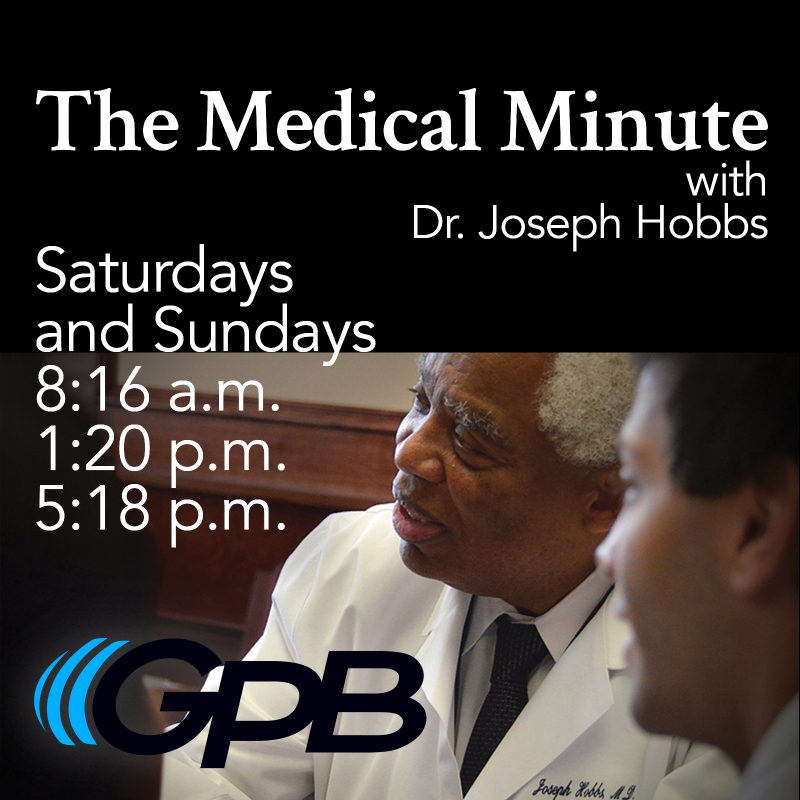Section Branding
Header Content
Medical Minute 1/11/20
Primary Content
Transcription factors are molecules that help control gene activity. Now scientists have found a factor that aids neuron function also appears to help a recurrent form of prostate cancer become even more deadly. Prostate cancer is a common, hormone driven cancer so, much like breast cancer, hormone therapy is typically a frontline therapy for these patients. Still as high as 40 percent of patients develop a more aggressive, tougher to treat cancer within a few years … and may receive a still more aggressive hormone therapy. Scientists found the more powerful hormone therapy can prompt increased release of the factor BRN4 to nearby cells, which enables their conversion to still-more aggressive neuroendocrine prostate cancer. The good news is the findings also provide new treatment targets.

